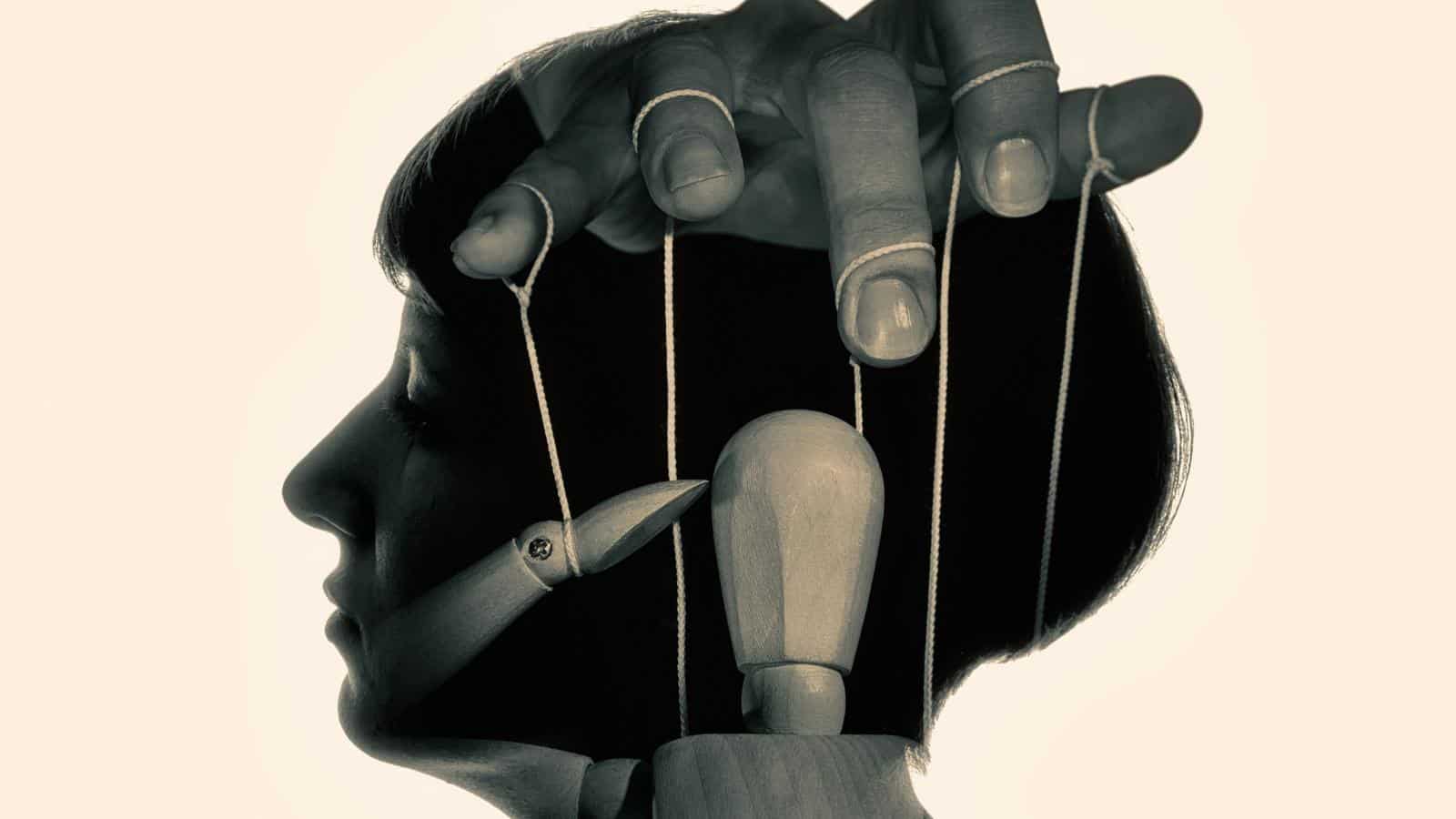Many people can be difficult to deal with, but some can often seem impossible! If you have someone in your life that you just can’t get along with, maybe it’s not you. To help you understand, here are 17 signs that you are dealing with a difficult person.
Constant interruptions

Constant interruptions when people are speaking show a lack of respect for others’ opinions and may indicate that they are not even listening, instead focusing on what they’ll say next. VerywellMind says interruptions can make you feel insignificant—like what you are trying to say isn’t worth hearing.
Quick to criticize but slow to praise

A difficult person regularly finds fault in other people’s actions or decisions but dismisses any successes or dreams they may have achieved or are working towards. This pessimistic behavior creates an uncomfortable and negative environment, which, frankly, no one wants to be around!
Passive-aggression

It’s hard to have a proper conversation or resolve issues with someone who uses passive aggression to communicate their disagreement. They will avoid direct confrontation within relationships, instead using sarcasm or backhanded compliments to hint at what their problem is.
They love to play the victim

Someone who refuses to take personal responsibility for their role in a bad situation, instead blaming others, is one sign that you are dealing with a difficult person. They will always see themselves as the victim, acting like they have been wronged and trying to manipulate others for sympathy.
Uninterested in others’ emotions

Difficult people have selfish natures and little concern for others’ feelings. This makes it hard for them to have meaningful or supportive relationships and can result in selfish actions. As a result, they won’t care if their behavior hurts people close to them.
Constant gossiping

As noted by Psychology Today, gossiping can be toxic, as it shows a lack of respect for privacy and erodes trust within small communities or groups. Spreading rumors or sharing private information about others can create a toxic environment and alienate people who do not deserve it.
Unwilling to listen

The outright dismissal of other ideas or opinions without even considering another point of view is a classic sign that you are dealing with a difficult person. This unwillingness to listen shows a closed-minded attitude and makes it hard to resolve any issues.
They hold on to grudges

Holding grudges can stem from an inability to process emotions constructively, and if this is not dealt with, their bitter feelings can sour relationships and prevent people from moving forward. Holding on to resentment can create a vicious cycle of negative feelings and retaliation.
They’re attention-obsessed

Attention-seeking behavior can indicate that a person has issues with self-esteem or emotional dependency. They require constant validation and support from others, which often comes at the expense of those others’ needs. This puts an unfair burden on others and can lead to strained relationships.
Constantly needing to feel superior

Outdoing the experiences of others or downplaying their achievements can give someone a false sense of superiority. This competitive and difficult nature can be rooted in insecurity and an underlying need for validation, but it undermines relationships and creates negative, competitive environments.
Compulsive lying

There is a difference between white lies and pathological lies, according to EverydayHealth. Frequent lies can indicate deeper issues with honesty, integrity, and self-image, and this dishonesty can compromise the foundations of relationships if it is not addressed. These people will often distort the truth for personal gain or to avoid consequences.
They’re incapable of apologising

If you’re in the presence of a difficult person, you’ll likely find them deflecting their blame and struggling to admit their own wrongdoing. This reflects a lack of accountability and humility and can prevent relationships from healing after a conflict.
They get jealous easily

Difficult people are often envious of others’ success, relationships, or possessions, which can indicate dissatisfaction with their own lives and achievements. This emotion can lead to destructive thoughts and behaviors towards others, which is never a good thing, especially for a difficult person.
They never want to compromise

With a difficult person, it’s their way or no way–no compromise. This inflexibility can stem from a fear of losing control, but it can sabotage relationships over time. The unwillingness to change or take other opinions into account can show that someone is narrow-minded and intolerant.
Disrespecting boundaries

Ignoring the limits set by others and continuously crossing the line shows a real lack of consideration for the comfort of others. It’s a classic sign that you’re dealing with a difficult and nasty person, as violating people’s boundaries is an intentionally selfish act. It can damage their mental health and emotional well-being.
They’re moody

Difficult people will display abrupt mood changes, making interactions unpredictable and challenging. This volatility sometimes has underlying emotional or psychological causes, which is unfortunate, but it makes problems and disagreements much harder to address and resolve. You just never know what to expect when dealing with them!
They’re manipulative

Finally, employing emotional manipulation, guilt-tripping, or deceit is a common way for difficult people to influence the actions or decisions of those around them. This is a way for them to control relationships, as VerywellHealth explains, and can lead to extremely unhealthy dynamics between people, as it damages trust.
Up Next: 19 Things Men Want To Avoid As They Get Older

19 THINGS MEN WANT TO AVOID AS THEY GET OLDER
18 U.S. Cities Americans Say Are the Best to Live In

18 U.S. CITIES AMERICANS SAY ARE THE BEST TO LIVE IN
17 Most Common Reasons Men Break Up With Women

